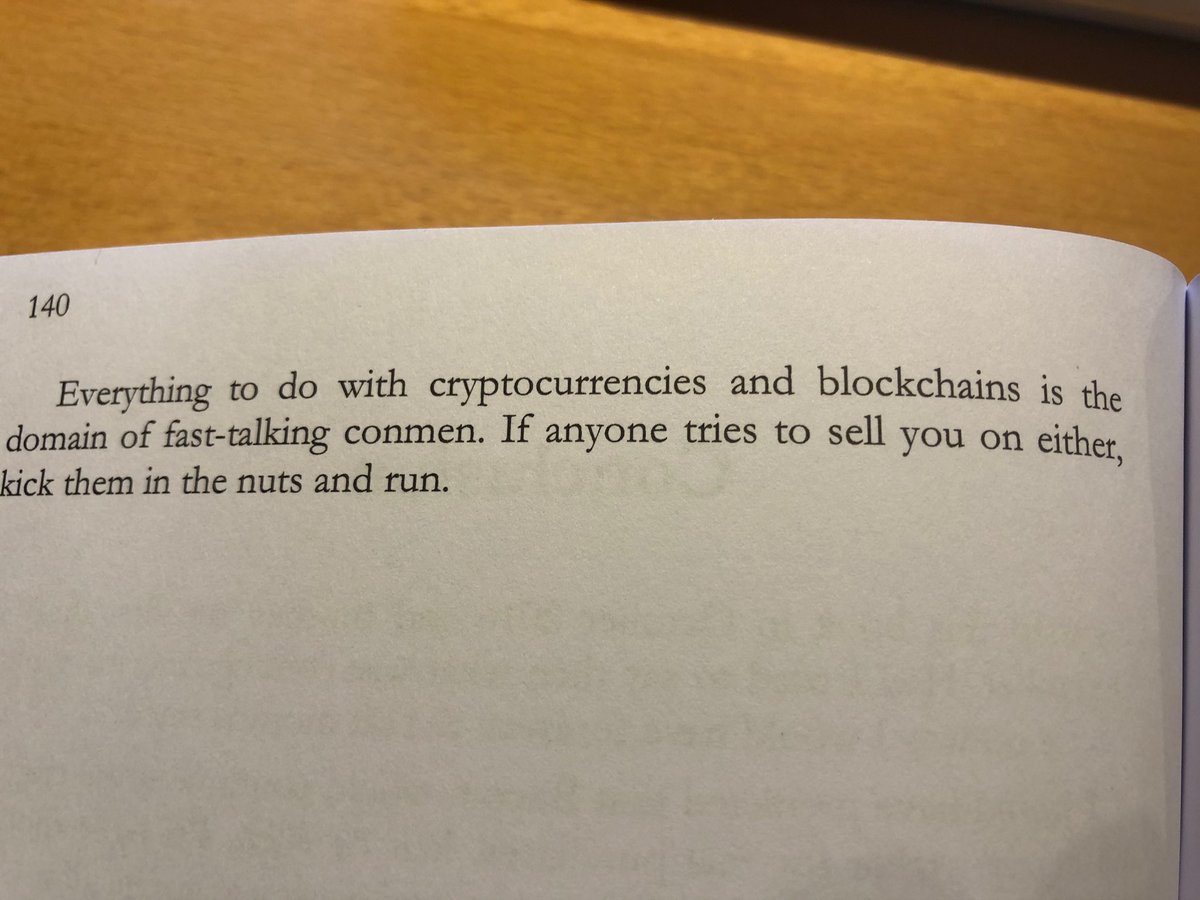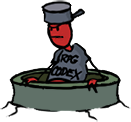"We can't rely on nostalgia to sell"
Brian Fargo mines the past with The Bard's Tale IV, looks to mine the future with blockchain-powered storefront Robot Cache
Brian Fargo built his career by creating classic games, and he's spent the last decade coming full circle, creating sequels and spiritual successors to classics. But speaking with
GamesIndustry.biz at the Game Developers Conference this year, Fargo gave little indication that he was stuck in the past.
"We can't rely on nostalgia to sell," Fargo said. "And nostalgia is a two-edged sword. Because a lot of people's emotional attachment to the incredible experiences they had playing these games to begin with, were are at a moment in time that can never be recreated.
"It was like, 'I was in a dorm room with all my friends staying up all night and I didn't have a care in the world.' That feeling of playing that game? I could never recreate it, because maybe you got bills to pay, kids to feed, and you don't have that same light-heartedness."
As an example, Fargo said he had recently spoken with a fan who played one of his earlier games in a foreign language, with his grandmother at his side the entire time translating every part of the game for him.
"I can't recreate that. But when they think back, you're always worried they'll go, 'I don't think the new game's as good.' Well, you're not playing it with your grandmother. So there's that part of it you always have to be cognizant of. You can't reproduce that."
This is not you and your grandmother's Bard's Tale.
That acknowledgement can be seen in Fargo's approach to his latest revival, The Bard's Tale IV. While it's a follow-up to a trilogy of PC role-playing games he created for Electronic Arts in the '80s, Fargo said it's not trying to present a time capsule of what a fourth Bard's Tale game would have been.
"I jokingly call it Bard's Tale 20, because a true Bard's Tale IV would have looked very different in 1995. So what would have happened if Bard's Tale had kept going and going and going? This is what we'd have today. Because you don't want to literally come out with a product as if it were 1995. That's just not smart. So we tried to take the best parts of the essence of Bard's Tale, keep them, but give them a new perspective."
Fargo believes a truly faithful recreation of the original experiences could rely on nostalgia to carry it "for about two seconds" before players would get frustrated and fed up with it.
"There's a group of people that if I did a straight-up Bard's Tale that looked like it was from 1995, they'd love it," Fargo said. "But I would go out of business. So I need to make that core group happy. I'm going to give them their characters, their spells, give them a lot of the locations. We need to build out the world and make it deeper, give them all the stuff they enjoy, but also make it so that somebody's who's not heard of it can watch somebody play it on Twitch and go, 'That looks like a lot of fun. I don't know what The Bard's Tale is, but that looks good.'"
This is part of the reason Fargo feels prepared to return to franchises like The Bard's Tale and Wasteland now. Since making those games, he's learned a lot more about user interface, visual payoff, the speed at which games need to proceed to avoid feeling sluggish. There are quality-of-life touches that can be taken into account, like being able to queue up commands in a turn-based game and watch them unfold instead of pausing everything for each input.
But that's not the only reason to revisit these games. Just as the classic games represented a specific moment in time for their players, so too did they reflect a version of their creators that no longer exists.
"Technology aside, I never could have made Wasteland 2 back then," Fargo said. "I wouldn't have had all the experiences I had, the good, the bad and the ugly. Or the introspective attitude toward entertainment, pop culture, etc. So Wasteland 2 ended up being much more sophisticated than it would have otherwise."
One thing that hasn't changed is his desire to innovate in each of his games. Even when he's treading familiar ground, Fargo said he tries to focus on little things "to push the art form forward."
"With Wasteland 2, it's one of the deepest, most reactive games I've ever been involved with," Fargo said. "We didn't always do a great job of surfacing the decisions you made and these incredible, complex things that happened because of it. They just happened. If you played it again, you might wonder about a scene, why was it there or why was it not there? Or how did they know I was going to have that person in my party? Well, we didn't. But we created 40% of the content that you will never see on your first playthrough, because that makes it truly your own experience."
For Bard's Tale IV, when players load a game they get a scene informing them of what they've accomplished and foreshadowing what's yet to come. It's unlikely to disrupt game design as we know it, but Fargo said he's hoping to implement what is a basic storytelling technique of books and films into games in an interesting way.
And in case anyone finds that an unconvincing argument that Fargo is not stuck in the past, his forward-looking aspirations are clearly evidenced by Robot Cache, his upcoming blockchain-powered digital storefront.
"I love new technology and connecting the dots," he explained. "I did one of the first VR games. I'm always fascinated by this stuff, but the thing I found interesting about the blockchain was it felt like a disruptive event that could change the way the industry works because the internet's being securitized, because of the centralization in terms of cost-savings. A lot of people draw up a lot of fancy buzz words, but there are really some major things afoot. And the reason why people are excited and there's all this money going into the space is because something's happening. There will be winners and losers, but there's something happening here."
Fargo believes that the decentralized nature of blockchain implementations and smart contracts lessen the need for middlemen, and the biggest middlemen between game developers and players are digital distribution storefronts. So Robot Cache is trying to use the blockchain to do what Steam, Origin and the like do, but only needing a 5% cut of revenues as opposed to the more standard 30% such stores now charge.
"As a publisher and developer, I want to make more per unit," Fargo said. "That's why I say, let's give them 95%. If you're an indie developer and you only do $100,000 worth of business, that extra $25,000 can go a long way. And of course with the big publishers, it's big money."
And then there's the storefront's promise of letting users re-sell their digitally distributed games, with the store keeping 5% of the sale and the original publisher receiving 70%. When asked why players would be all that enticed by the idea of re-selling their games and keeping only a quarter of whatever they sell for, Fargo noted that 25% "is still better than 0%," and said he expects publishers to experiment with giving re-sellers larger cuts of the sale. He thinks it will work like Humble Bundles, where publishers have largely come around on the idea because they seem to be additive to the business.
"Every major publisher supports [bundles]," Fargo said. "If by supporting them, it kills your back catalog, it would be over. There's no way on earth that doesn't kill the back catalog, but me letting my own users get a higher commission on a resale is going to ruin the back catalog."
The Bard's Tale IV doesn't have a release date yet, but Robot Cache was announced to be up and running by the end of Q2.















![The Year of Incline [2014] Codex 2014](/forums/smiles/campaign_tags/campaign_incline2014.png)




























